About Us
OUR ABOUT US
We Believe That The Need Of The Most Vulnerable Community is better understood by the community itself.
L'AFRIKANA seeks to be a channel of transformation through which refugees can play an active role in finding solutions to challenges they face and eventually contribute to their welfare as well as to the social and economic development of their host nation Kenya. All the activities at L'AFRIKANA are, on daily basis geared toward making that conviction a reality.
Vision
To create inclusive and resilient communities where refugees and host populations thrive together, united by shared opportunities, mutual respect, and a commitment to sustainability.
Mission
To foster resiliience and self-reliance within refugee and host communities. Through innovative education, comprehensive training, impactful advocacy and collaborative facilitation, we strive to catalyze sustainable development and social cohesion.
Where it all start
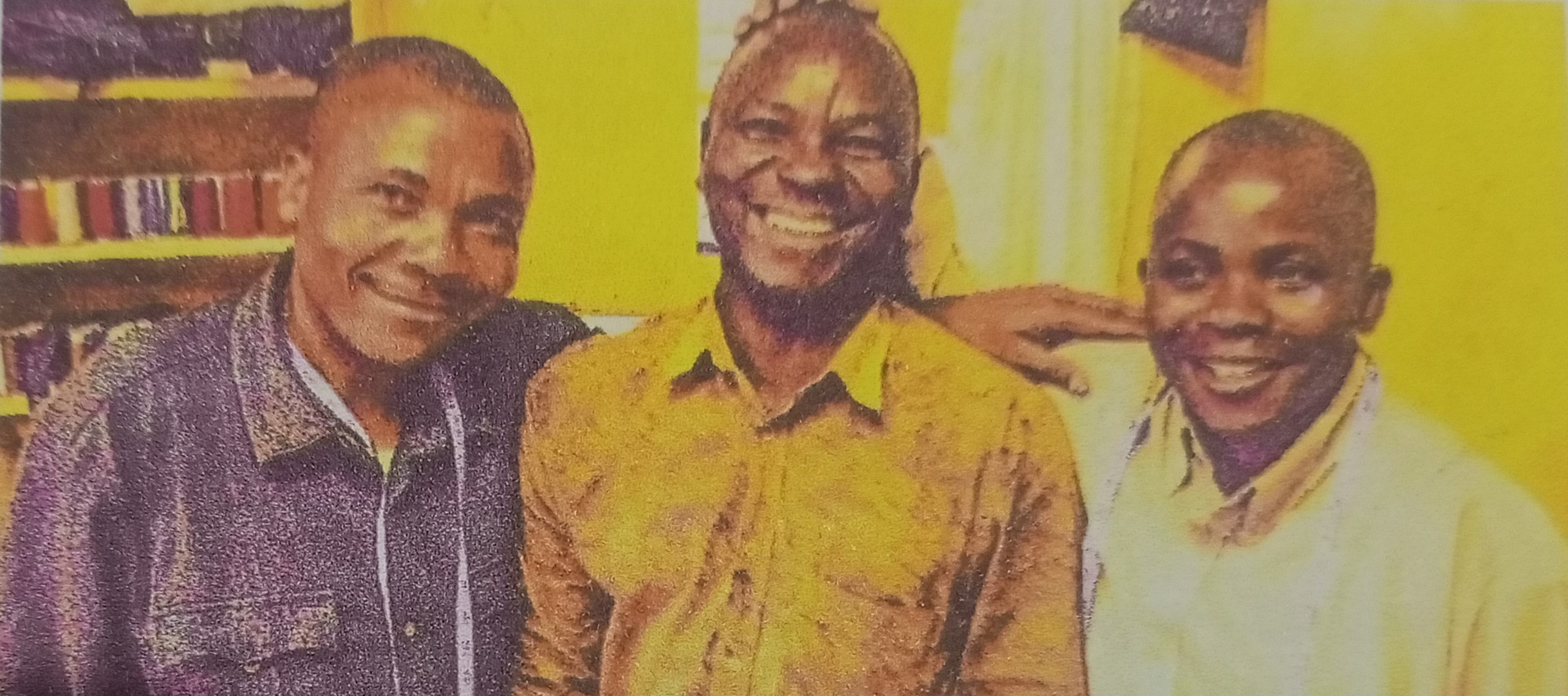
Jacob Mkombozi Kininga, then with five children, arrived in Kenya at 2008, while running from the Congolese militias that tracked him, and attacked him and his family village after village of escaping. Echa Majaliwa Lekela and Simbi Salongo Lokole, in 2009, also ran from the constant attacks and brutal violence's lived try them and their families in Congo. Established in Kenya, they gave a new start to their lives at Kabiria Slum, in Nairobi. They had to learn new skills and professions to build their financial independence and work as autonomous, as the jobs locally were scarce and they suffered from the social and economic rejection by the community. The three friends became tailors and with their work and help from local organizations, were able to have sewing machines, each one of them, and sustain their families with the new skill acquired.
Little by little the refugee community started growing locally, and mostly the ones that came from the Great Like countries such as Congo, Burundi, Rwanda and Uganda, gathered into a sub-community that protected and helped each other, struggling to regain their lives at the new country, Kenya. According to theUNHCR 2013 Report there were 10.800 to the Great Lake population of refugees in Kenya, and other 11.700 were already seeking for asylum in the same year. And, according to theUNHCRGlobal Appeal 2015 Report, until December 2015 there will be 11.610 of Congolese refugees in Kenya in contrast with the thousand that reached Kenya in 2009, when Majaliwa, Simbi, and Jacob were also there. Still about the predictions for December 2015, other 13.950 of refugees may come from countries such as Rwanda, Burundi, Uganda and others, in a total of 25.560 refugees of the Great Lake population expected in Kenya.
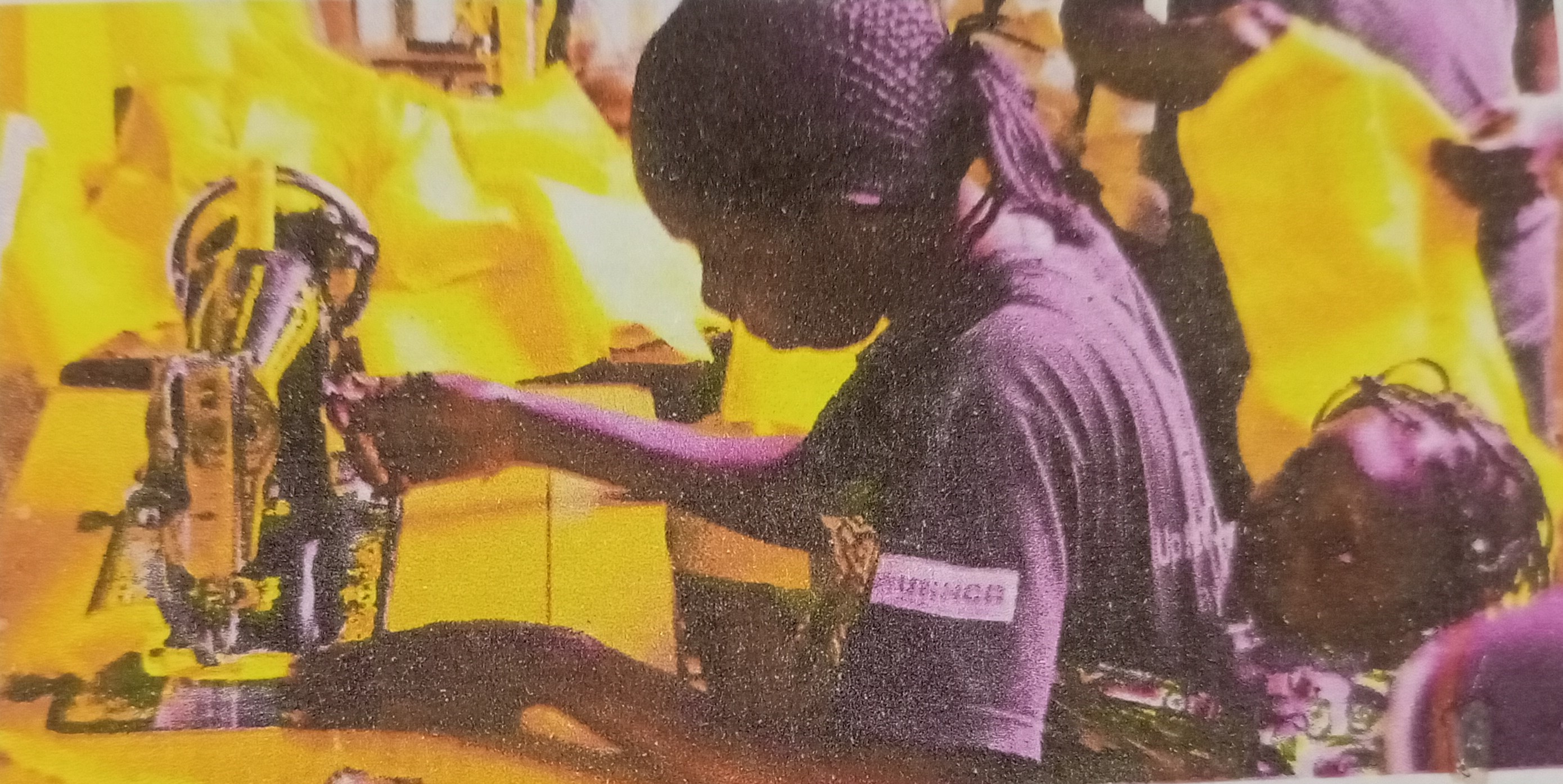
Although the three friends were active on making a living, their results were not sufficient to keep their big families, nor to help other refugees. The women, while trying domestic works outside of the community, were extremely badly paid and some suffered from sexual violence on the struggle to work and get a better living. The feminine population of refugees that came from the Great Lake count around 45%, and are the anes to be more exposed to violence and vulnerability. Many were their efforts on gathering the women to start on entrepreneurship and gaining other skills, but, the lack of money kept them from putting kids on schools and releasing the women to leave the house to leam and work.
In 2014, a young Brazilian called Renatha Flores came to Kenya for a research on her field of studies, "community and cultural development", and for a volunteer experience at the UNESCO's Kenyan Commission, in Nairobi. Primarily interested on their big talent for singing, as they gathered efforts to maintain a choir, she became their friends returning every day to visit them. Listening to the demands of the Congolese man, she started many entrepreneurship projects with the women, for them to learn something simple to work on in order to generate them some income, such as skills on baking cakes. The women didn't get very interested on the new skill, and made clear they wanted to learn tailoring, a more complex skill, as their husbands.
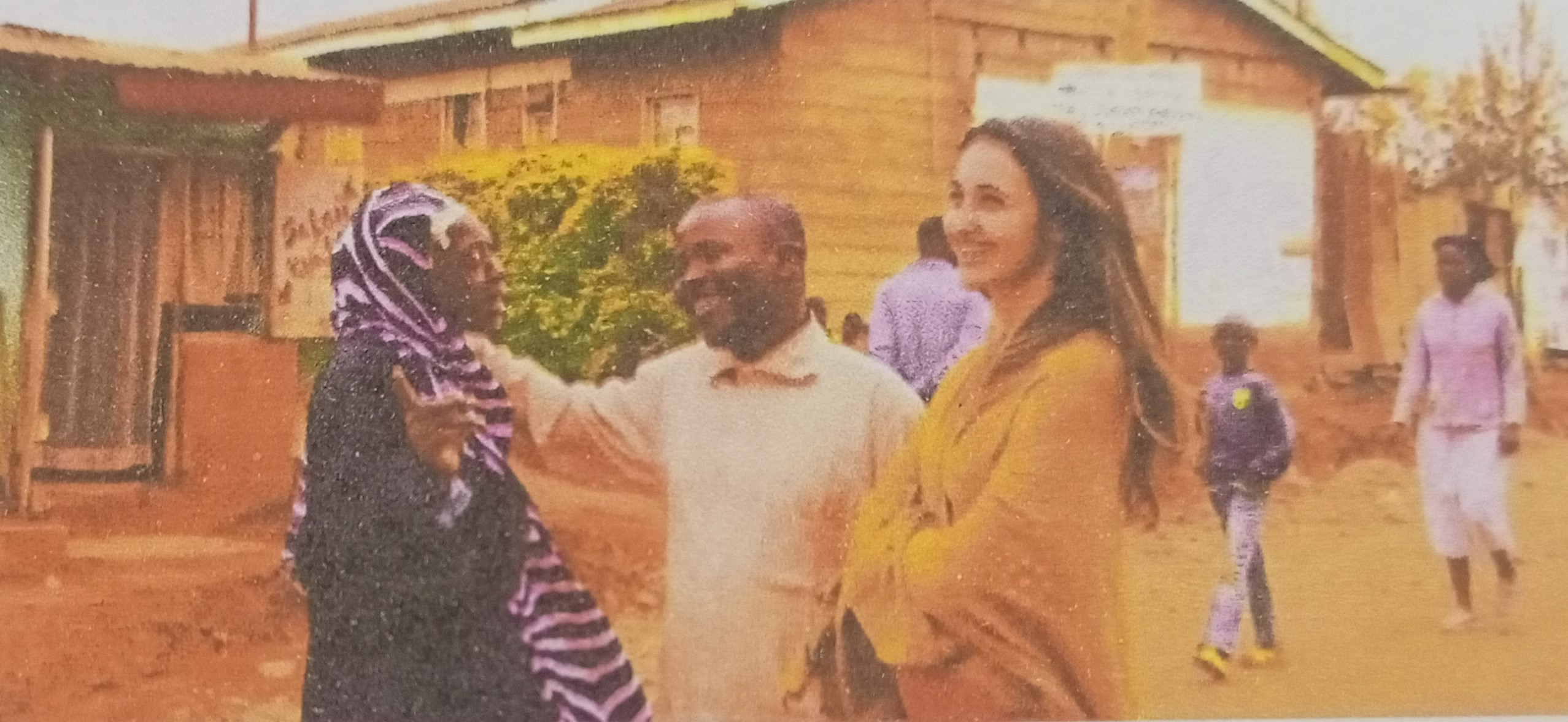
The Brazilian Renatha started working with Jacob, Majaliwa and Simbi in order to produce clothes to be sold by her in Brazil and get the money to buy more sewing machines. The Congolese too, gathered strengths to get more machines, and soon they went from 3 to 8 machines, and were able to start the tailoring classes for the refugee women. L'afrikana talloring school started in January 2014, as a way to train refugees, mostly the women, a new working skill, that could be useful for them to generate income, and sustain themselves.
Although the three Congolese were able to teach the women the basics on tailoring, they didn't know how to do special and more complex finishings on the clothes, or either how to work with patterns. Through the Brazilian volunteer Renatha Flores, they were able to receive different highly trained teachers that taught them complex tailoring techniques, pattern creation and pattern reading for almost two years. With time, more refugees came to the community, and L'afrikana Centre tailoring school started receiving students from Burundi and Ruanda. But the small place they could rent and the few machines limited the number of students. While it was only a tailoring school, it didn't generate income for the Congolese teachers and the other students. That's when the afro-brazilian partnership was formed, to create social enterprise that could create a brand and sell the products to foreign markets, in order to be a resource of income generation for the former tailors.
Our Expert Team
Meet The Team Member

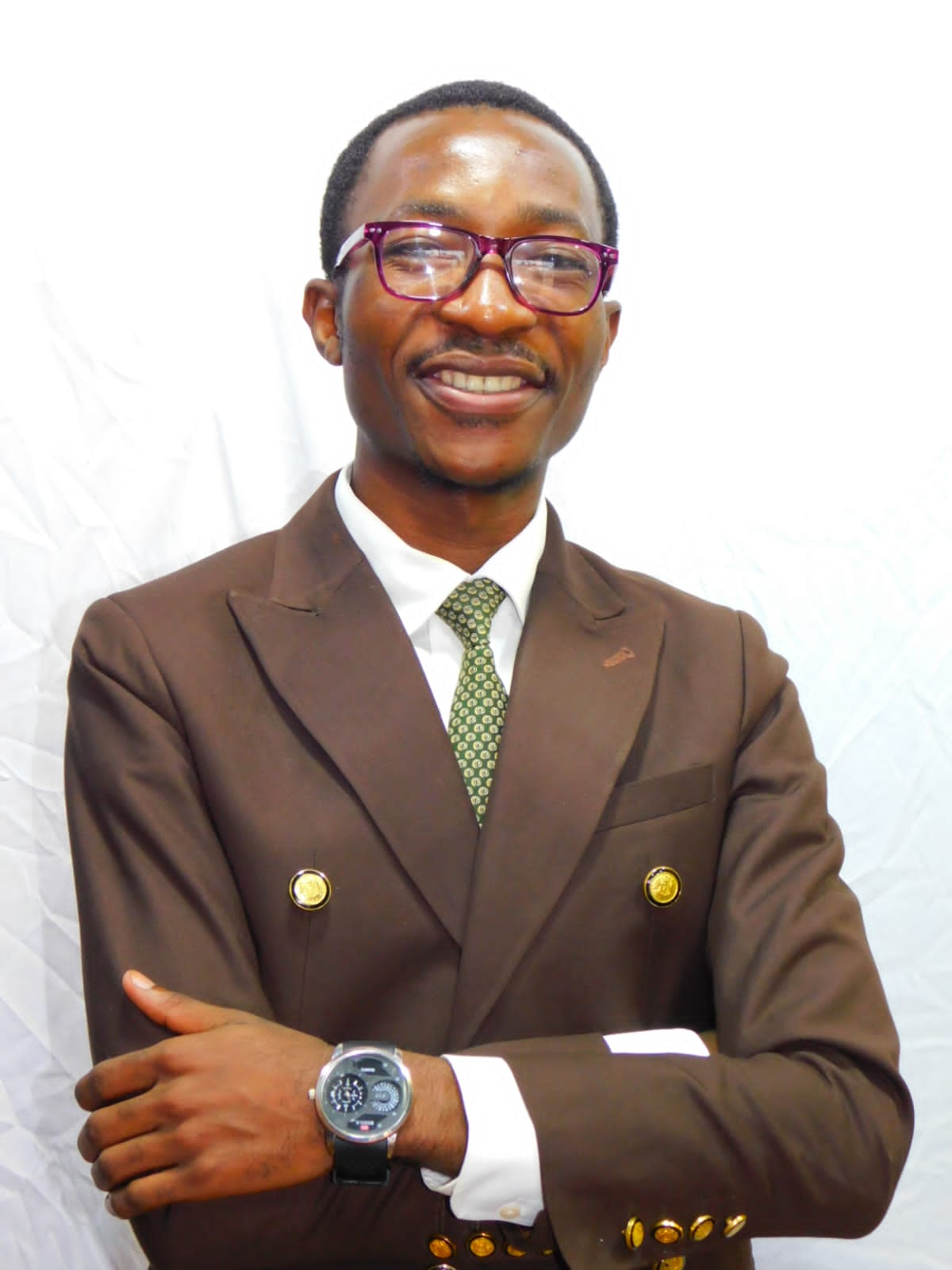
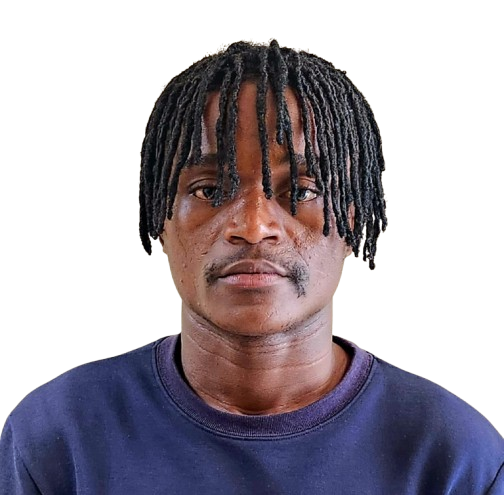
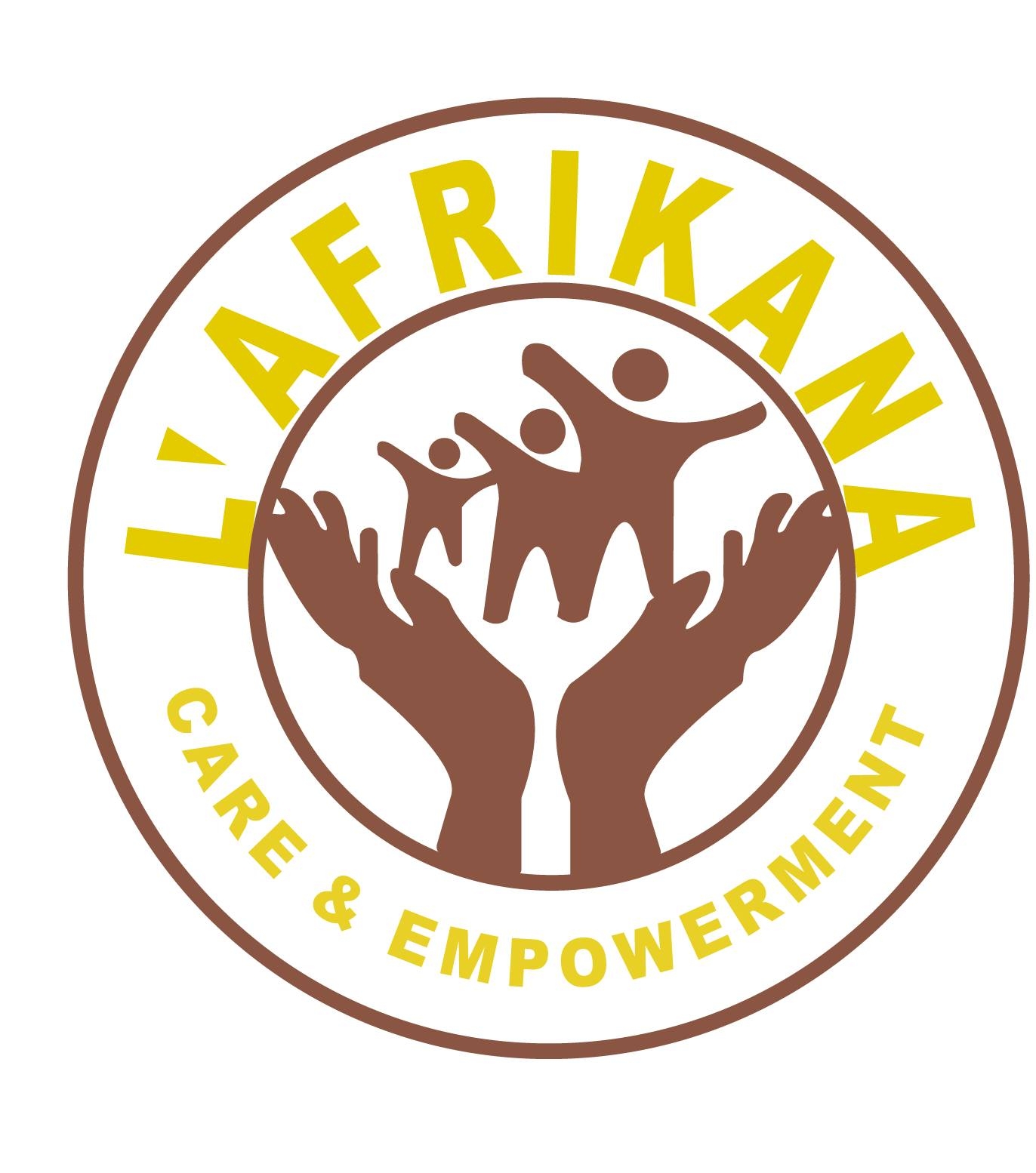
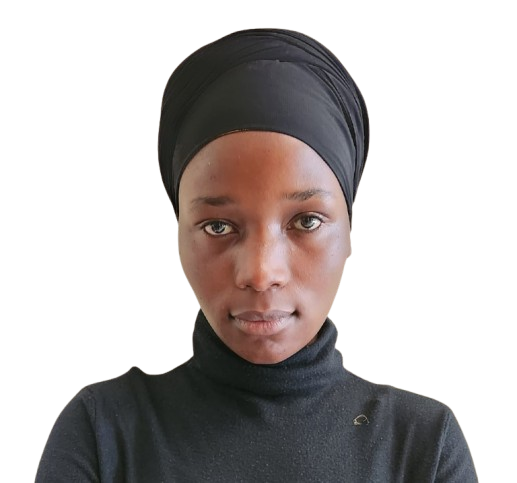
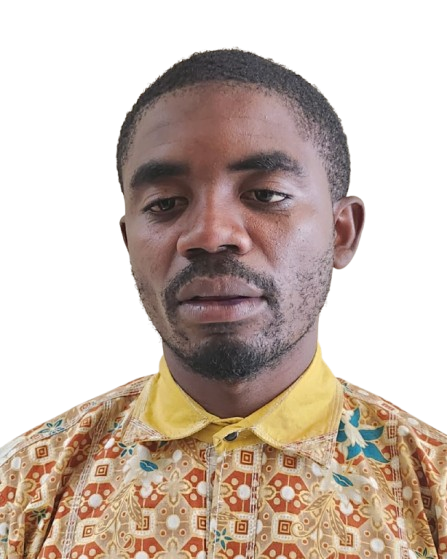
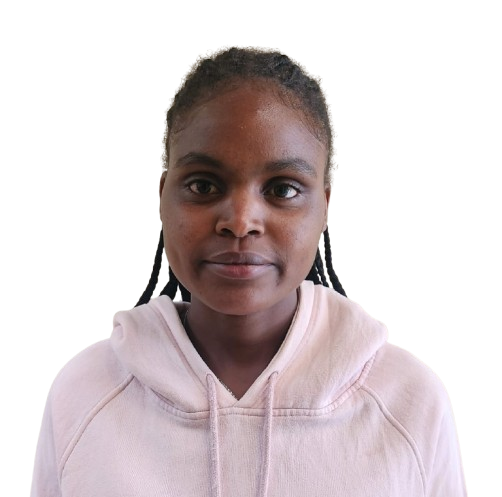
BECOME A VOLUNTEER
Let’s Make a Difference
-
Call Us
-
Email
-







